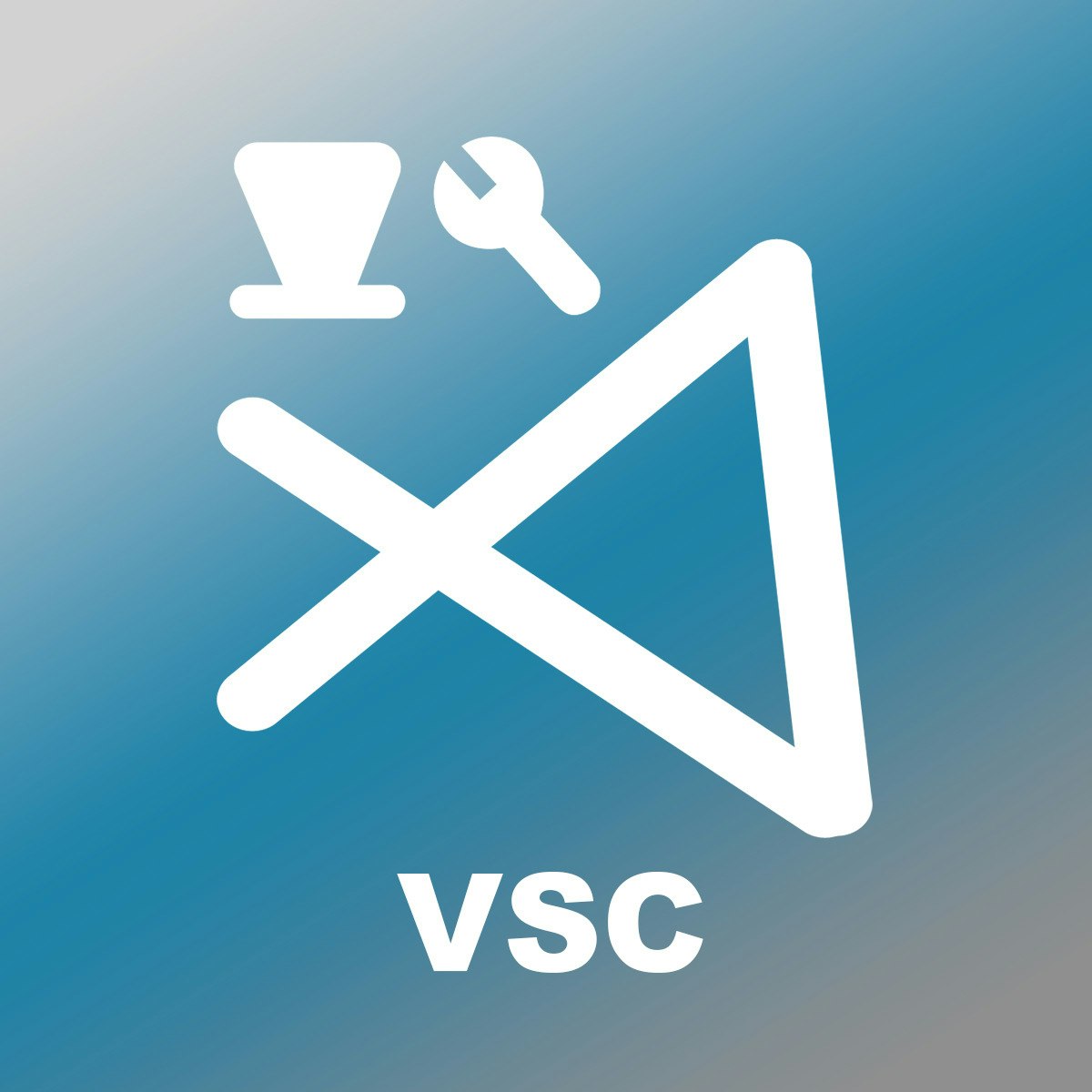
In this 1.5 hour guided project, you will learn how to get up and running with Visual Studio Code for Java development. We will install the Java Extension Pack together and go through the common configuration issues in order to compile, debug, run, and manage Java projects in Visual Studio Code. Topics covered include: Installation, debugger, language support, project manager, and multiple JDK support. Basic development knowledge with Java is required.
What's inside
Syllabus
Good to know
Save this course
Activities
Review Java development basics
Show steps
Refresh your Java development skills before starting the course to ensure a smoother learning experience.
Show steps
-
Revisit the basics of Java syntax, data types, and control structures.
-
Practice writing simple Java programs to reinforce your understanding.
Attend Java development meetups or conferences
Show steps
Expand your network and stay updated with the latest trends by attending Java development meetups or conferences.
Show steps
-
Identify relevant Java development events in your area.
-
Attend the events and engage with professionals in the field.
Explore Java Extension Pack features and usage
Show steps
Familiarize yourself with the Java Extension Pack's features to enhance your development workflow in Visual Studio Code.
Show steps
-
Watch tutorials demonstrating the Java Extension Pack's usage.
-
Follow along with hands-on exercises to practice using the features.
Four other activities
Expand to see all activities and additional details
Show all seven activities
Attend a Java development study group
Show steps
Engage with fellow learners by attending a Java development study group to share knowledge, discuss concepts, and provide mutual support.
Show steps
-
Find or organize a study group with other Java developers.
-
Participate actively in discussions and share your insights.
Solve common Java development challenges
Show steps
Strengthen your problem-solving skills by practicing common Java development challenges.
Show steps
-
Identify common pitfalls and errors encountered in Java development.
-
Practice resolving these challenges through coding exercises.
Create a Java development cheat sheet
Show steps
Concretize your understanding of Java development by creating a personalized cheat sheet that summarizes key concepts, syntax, and tools.
Show steps
-
Compile essential Java development information into a single document.
-
Organize the cheat sheet for quick reference and easy accessibility.
Build a simple Java application
Show steps
Apply your acquired skills by building a basic Java application to solidify your understanding and gain practical experience.
Show steps
-
Conceive and design a simple Java application that meets a specific need.
-
Develop the application's functionality, UI, and logic.
-
Test and refine the application to ensure it meets requirements.
Review Java development basics
Show steps
Refresh your Java development skills before starting the course to ensure a smoother learning experience.
Show steps
- Revisit the basics of Java syntax, data types, and control structures.
- Practice writing simple Java programs to reinforce your understanding.
Attend Java development meetups or conferences
Show steps
Expand your network and stay updated with the latest trends by attending Java development meetups or conferences.
Show steps
- Identify relevant Java development events in your area.
- Attend the events and engage with professionals in the field.
Explore Java Extension Pack features and usage
Show steps
Familiarize yourself with the Java Extension Pack's features to enhance your development workflow in Visual Studio Code.
Show steps
- Watch tutorials demonstrating the Java Extension Pack's usage.
- Follow along with hands-on exercises to practice using the features.
Attend a Java development study group
Show steps
Engage with fellow learners by attending a Java development study group to share knowledge, discuss concepts, and provide mutual support.
Show steps
- Find or organize a study group with other Java developers.
- Participate actively in discussions and share your insights.
Solve common Java development challenges
Show steps
Strengthen your problem-solving skills by practicing common Java development challenges.
Show steps
- Identify common pitfalls and errors encountered in Java development.
- Practice resolving these challenges through coding exercises.
Create a Java development cheat sheet
Show steps
Concretize your understanding of Java development by creating a personalized cheat sheet that summarizes key concepts, syntax, and tools.
Show steps
- Compile essential Java development information into a single document.
- Organize the cheat sheet for quick reference and easy accessibility.
Build a simple Java application
Show steps
Apply your acquired skills by building a basic Java application to solidify your understanding and gain practical experience.
Show steps
- Conceive and design a simple Java application that meets a specific need.
- Develop the application's functionality, UI, and logic.
- Test and refine the application to ensure it meets requirements.
Career center
Java Developer
Software Engineer
Web Developer
Mobile Developer
Data Scientist
Machine Learning Engineer
Cloud Engineer
DevOps Engineer
Quality Assurance Analyst
Technical Writer
Product Manager
Systems Analyst
Database Administrator
Information Security Analyst
Network Administrator
Reading list
Share
Similar courses
OpenCourser helps millions of learners each year. People visit us to learn workspace skills, ace their exams, and nurture their curiosity.
Our extensive catalog contains over 50,000 courses and twice as many books. Browse by search, by topic, or even by career interests. We'll match you to the right resources quickly.
Find this site helpful? Tell a friend about us.
We're supported by our community of learners. When you purchase or subscribe to courses and programs or purchase books, we may earn a commission from our partners.
Your purchases help us maintain our catalog and keep our servers humming without ads.
Thank you for supporting OpenCourser.



